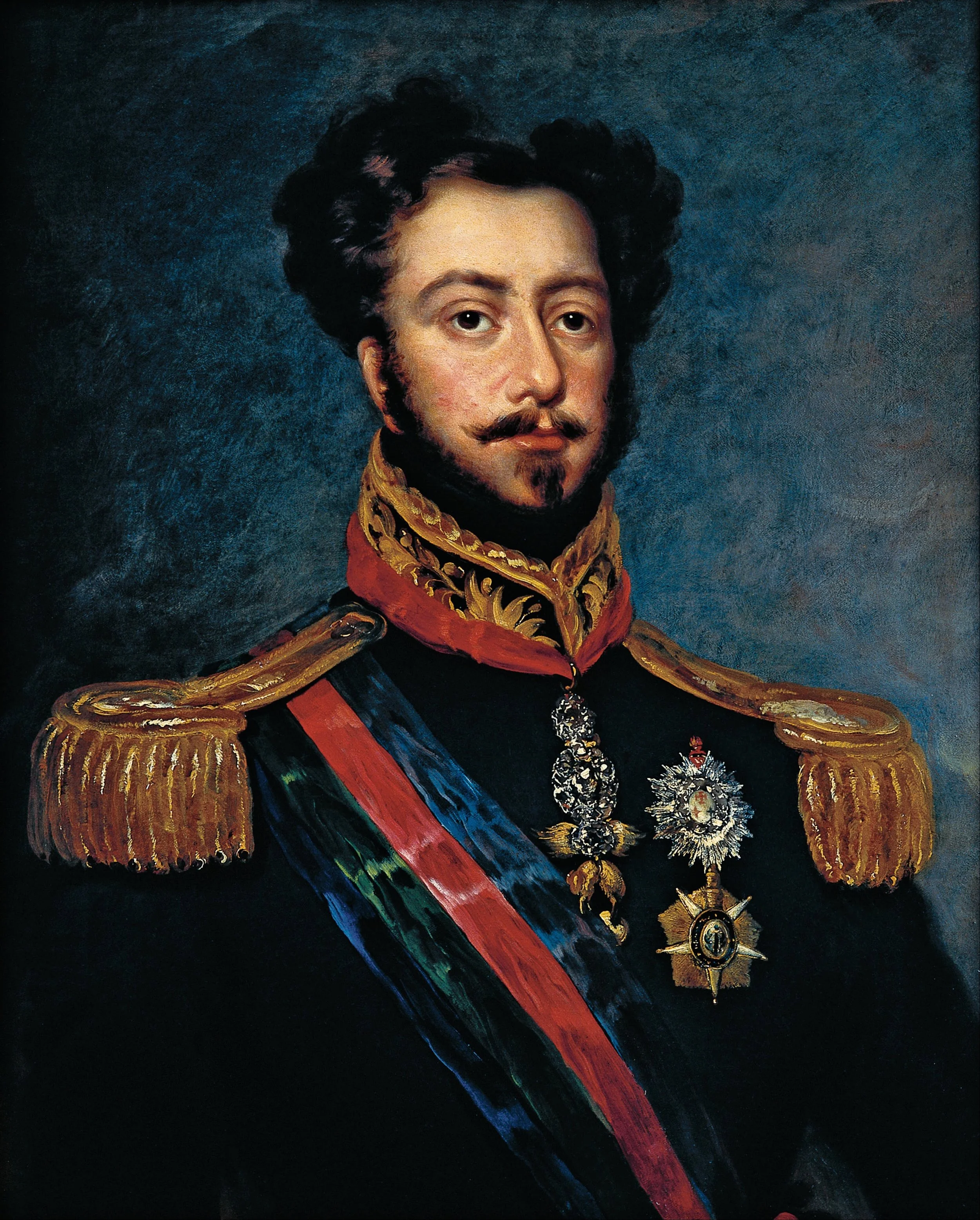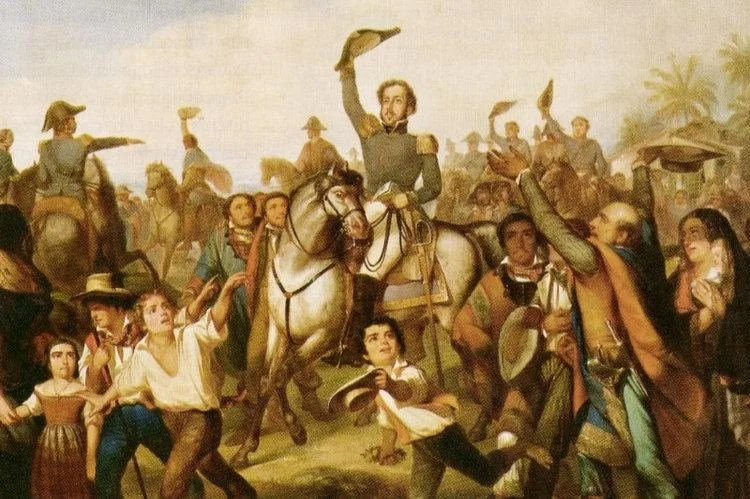
Brazil
Brazil’s Independence: The Peaceful Path to Freedom
When we think about independence movements in the Americas, we often imagine battles, revolutions, and brave leaders fighting on the front lines. But Brazil’s story is a little different. Instead of a violent war, Brazil gained its independence from Portugal in 1822, mostly without fighting. And the surprising part? The leader who helped make it happen was actually the son of the Portuguese king!
A Royal Escape
In the early 1800s, Europe was in chaos because of the Napoleonic Wars. Napoleon Bonaparte’s armies were conquering many countries, and in 1807, they invaded Portugal. The Portuguese royal family had to flee to safety, so they packed up their belongings, boarded ships, and sailed across the ocean, to their colony in Brazil.
When the royal family arrived in Rio de Janeiro, Brazil suddenly became the center of the Portuguese Empire. The king, Dom João VI, ruled from Brazil for over a decade. During this time, Brazil began to grow and develop. Trade expanded, new schools and libraries were built, and people began to see their country as more than just a colony; it felt like a real nation.
Dom Pedro Stays Behind
In 1821, after Napoleon was defeated, King João returned to Portugal. But he left his son, Dom Pedro, in charge of Brazil. By then, many Brazilians didn’t want to go back to being ruled from across the ocean. They wanted more control over their own government and future.
The Portuguese government ordered Dom Pedro to return to Portugal, but the people of Brazil begged him to stay. They even signed a petition asking him to lead them. Dom Pedro agreed and famously said,
“If it is for the good of all and the general happiness of the nation, tell the people that I am staying.”
This moment became known as the “Dia do Fico,” or “I Am Staying Day.”
As tensions grew, Dom Pedro realized that Brazil’s independence was inevitable. On September 7, 1822, while riding near the Ipiranga River, he made a bold declaration. Drawing his sword, he shouted,
“Independence or death!” (Independência ou morte!)
That day marked the official birth of a new nation. Brazil became independent, and Dom Pedro became its first emperor: Emperor Pedro I.
Dom Pedro Stays Behind
In 1821, after Napoleon was defeated, King João returned to Portugal. But he left his son, Dom Pedro, in charge of Brazil. By then, many Brazilians didn’t want to go back to being ruled from across the ocean. They wanted more control over their own government and future.
The Portuguese government ordered Dom Pedro to return to Portugal, but the people of Brazil begged him to stay. They even signed a petition asking him to lead them. Dom Pedro agreed and famously said,
“If it is for the good of all and the general happiness of the nation, tell the people that I am staying.”
This moment became known as the “Dia do Fico,” or “I Am Staying Day.”
As tensions grew, Dom Pedro realized that Brazil’s independence was inevitable. On September 7, 1822, while riding near the Ipiranga River, he made a bold declaration. Drawing his sword, he shouted,
“Independence or death!” (Independência ou morte!)
That day marked the official birth of a new nation. Brazil became independent, and Dom Pedro became its first emperor: Emperor Pedro I.
A Peaceful Transition
Unlike other revolutions in Latin America, Brazil’s independence was achieved mostly without bloodshed. Though there were some battles, the transition was far more peaceful than in neighboring countries. This peaceful path allowed Brazil to remain stable and grow quickly in the years that followed.
Today, September 7th is celebrated every year as Brazil’s Independence Day, with parades, flags, and music filling the streets. It reminds Brazilians of how their nation was built not only on courage but also on calm leadership and unity.




